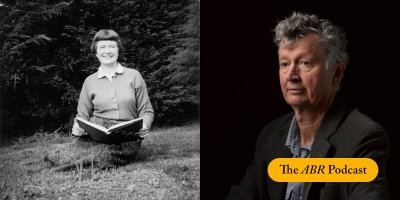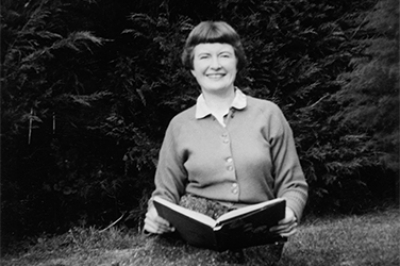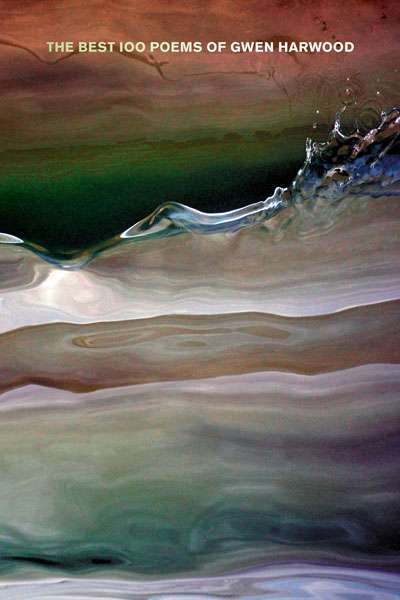Accessibility Tools
- Content scaling 100%
- Font size 100%
- Line height 100%
- Letter spacing 100%
John Harwood
The ABR Podcast
Released every Thursday, the ABR podcast features our finest reviews, poetry, fiction, interviews, and commentary.
Subscribe via iTunes, Stitcher, Google, or Spotify, or search for ‘The ABR Podcast’ on your favourite podcast app.
The red thread: Xi Jinping’s ideology of power
by Neil Thomas
This week on The ABR Podcast, Neil Thomas reviews On Xi Jinping: How Xi’s Marxist Nationalism is shaping China and the world by Kevin Rudd. Thomas explains that even China watchers find it hard to be clear on the thoughts and plans of the leader of the Chinese Communist Party. They disagree, he tells us, on basic, critical questions, such as for how long Xi will rule. ‘Enter Kevin Rudd’, Thomas writes. ‘In his latest book, former prime minister Kevin Rudd adds a worthy new chapter to his life of public service, digesting thousands of pages of “Xi Jinping Thought” so that you do not have to’. Neil Thomas is a Fellow on Chinese Politics at Asia Society Policy Institute’s Center for China Analysis in Washington DC. Here is Neil Thomas with 'The red thread: Xi Jinping's ideology of power' by Neil Thomas, published in the December issue of ABR.
Recent episodes:
Ann-Marie Priest’s My Tongue Is My Own, published by La Trobe University Press and reviewed in our June issue, is the first authorised biography of the Australian poet Gwen Harwood (1920–1995). Unsurprisingly, this was not the first attempt to record the life of one of Australia’s most loved and admired poets. In an exclusive feature for ABR, John Harwood reflects on the conflicting motives behind his literary executorship of his mother’s estate – an estate holding the secrets to an at-times fractious marriage between two opposing temperaments.
... (read more)When Ann-Marie Priest wrote to me in 2015 asking whether she might talk to me about her proposed biography of my mother, and requesting my permission to examine some correspondence in the Fryer Library, which I, as Gwen Harwood’s literary executor, had placed on restricted access, I replied with a terse refusal to cooperate. Since my mother’s death in December 1995, I had kept tight control of her vast correspondence, nearly all of which she had donated to various research libraries over the last two decades of her life, and I saw no reason to change my ways.
... (read more)The Best 100 Poems of Gwen Harwood by Gwen Harwood, edited by John Harwood
What is the relationship between our literary culture and the academy? Moreover, should there be any relationship between the two, or is it healthier if each remains separate, largely isolated from the other? These-questions were brought into focus for me by ‘Word Games’, a provocative essay in the Spring issue of Island, that lively Tasmanian literary magazine.
... (read more)






